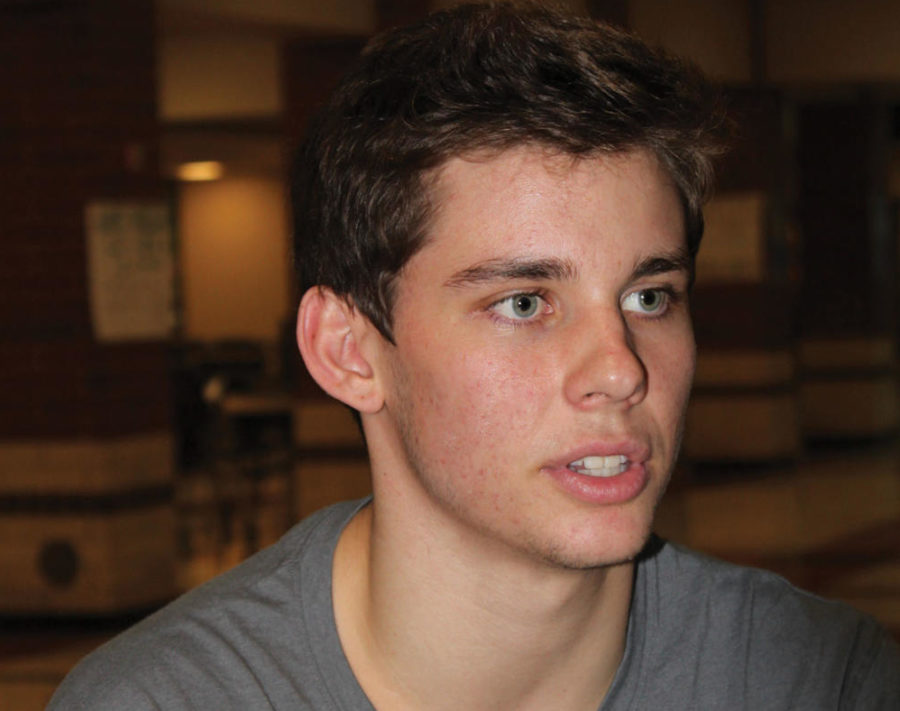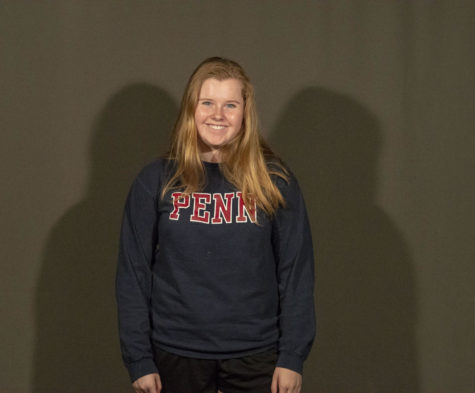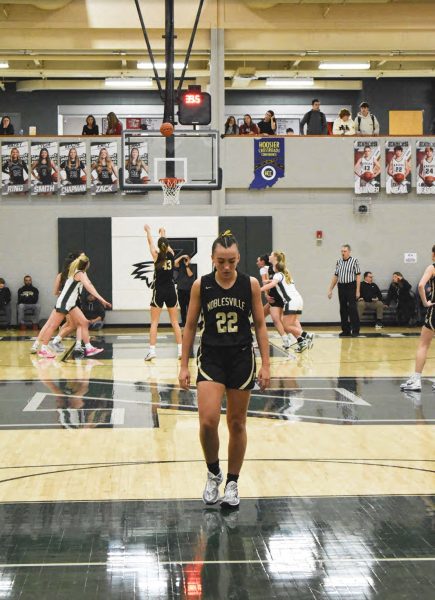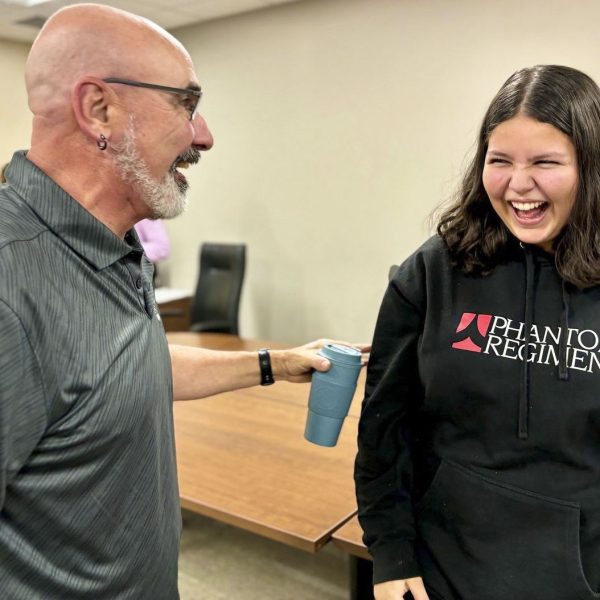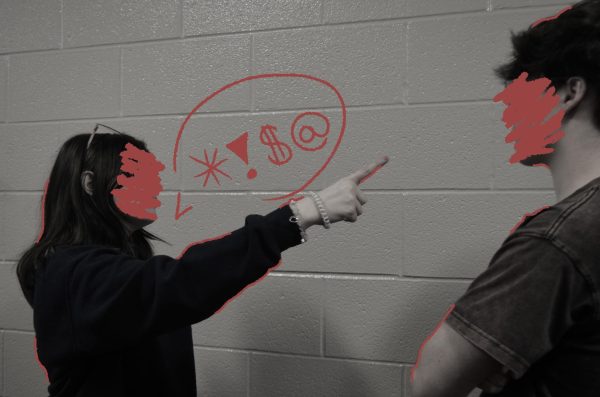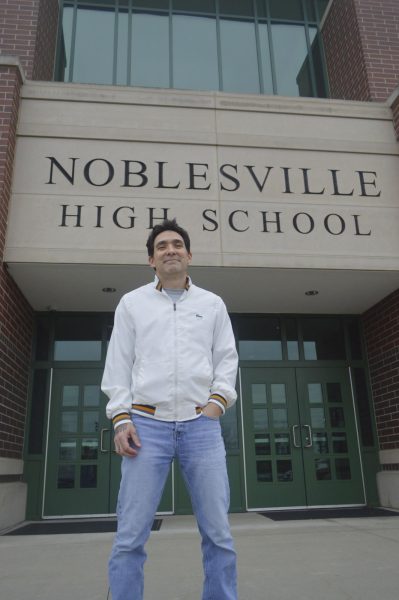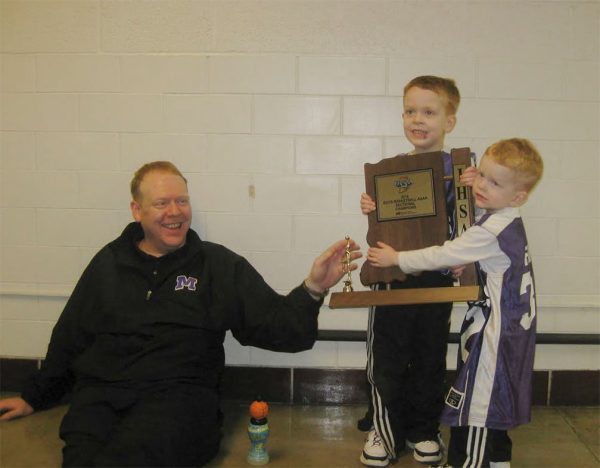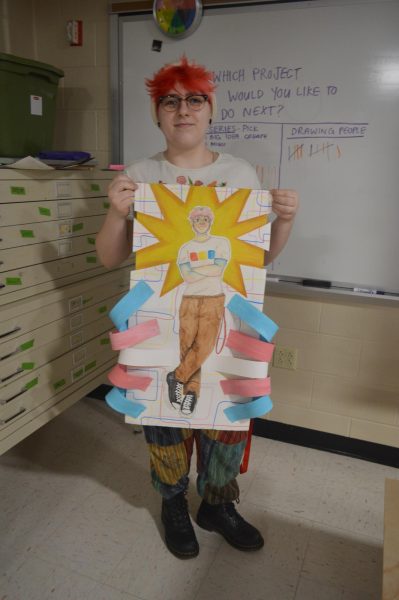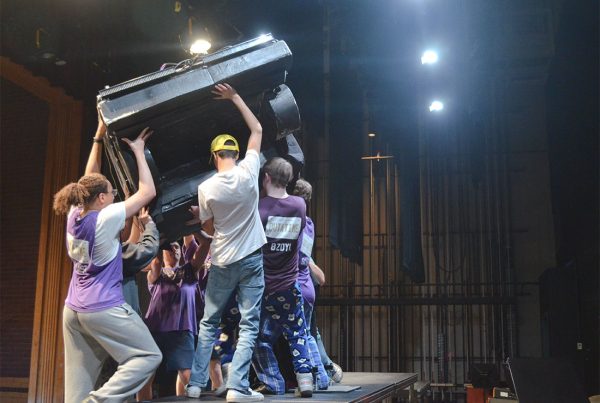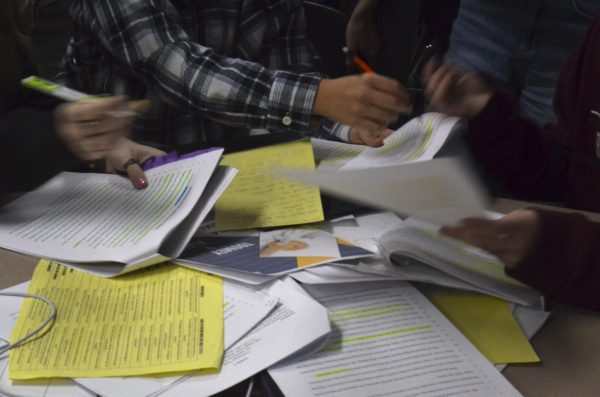Bring it on
Some NHS student athletes have already tackled their biggest college decisions
February 15, 2018
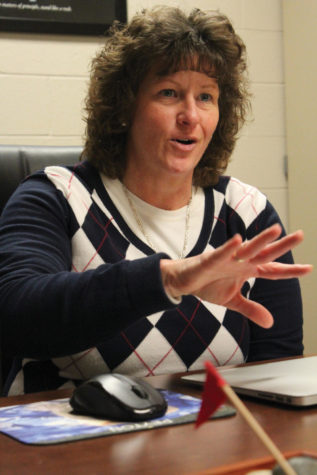 It all starts with a letter. A fairly simple, generic letter often beginning with “Dear [student], You have many gifts and talents…” or maybe even, “Gain the college experience of a lifetime at this overpriced state school.” Maybe not that exactly. But for students who submitted their contact information to College Board, these letters clutter their kitchen counter and collect dust.
It all starts with a letter. A fairly simple, generic letter often beginning with “Dear [student], You have many gifts and talents…” or maybe even, “Gain the college experience of a lifetime at this overpriced state school.” Maybe not that exactly. But for students who submitted their contact information to College Board, these letters clutter their kitchen counter and collect dust.
However, for junior Grant Gremel, recruitment is not limited to these copy-and-paste messages.
As quarterback of the football team, Gremel has been and continues to be sought out by various colleges. With a long history of football, starting from the time he was in first grade, and a full season of varsity under his belt, Gremel has been actively recruited for the sport.
“I had a little bit of colleges expressing interest in me my freshman year,” Gremel said, “but my sophomore year, after I played a little on varsity, that’s when [recruiting] started to really pick up.”
The amount of time he dedicates to football, on- and off-season, is probably the main reason that he attracted the interest of schools around the country.
“During the season, I practice five days a week, in addition to a small Saturday workout,” Gremel said, “In the off season… [it’s] still six days a week.”
Boston College was the first to contact Gremel. Since then, many others have followed.
“There are about five or six colleges that are truly involved with me. There’s a lot more that come and say ‘Hi’ to me, but only about five or six that are really involved,” Gremel said.
According to Gremel, certain rules are in place that dictate how colleges may contact student athletes. Now that Gremel is a junior, recruiters are allowed to text him. Athletic Director Leah Wooldridge notes how this process has changed over time.
“You know colleges are serious about you when they continue to write you, maybe even handwritten letters from coaches,” Wooldridge said, “Nowadays that has changed. You get text messages or something along those lines, and calls your senior year.”
Like Gremel, Wooldridge has experience with the recruitment process.
“I was a three-sport athlete in high school. I played volleyball, basketball, and tennis. I received a full ride scholarship to play basketball at Michigan,” Wooldridge said. “I had a goal to play collegiately at a Big Ten school. That was my dream. So I let that guide me,” Wooldridge said. “Obviously, you’re a student first and an athlete second. So I wanted to get the best education I could.”
Like Wooldridge, junior Julia Furiak agrees that academics take precedence over athletic pursuits. Furiak was contacted earlier in her junior year by Marian University, where she committed to play softball.
“[Marian’s] coach contacted my coach and said they’d be interested in having me play for them in college,” Furiak said, “I hadn’t really been interested in them prior to being contacted. But after I realized that it’s a small school, low pressure on the softball field, and good academics. It’s a good fit for me.”
Furiak found that Marian took the pressure off of the recruiting aspect of the sport.
“When I was younger, like freshman year, I was planning on pursuing a D1 college career, but then I realized that that’d be super stressful and I’d be overwhelmed,” Furiak said.
However, Furiak was initially hesitant to commit to college early.
“[Committing early] is kind of scary because I feel like I’m ahead of the game and my peers. Not many of my friends know where they want to go to college and their financial situation concerning it. But I’ve had to deal with a lot of that right now,” Furiak said.
Ideally, Gremel would like to pursue football after college if he were to get the chance.
“However, football is going to end at some point so I’d like to attend a university that can set me up for success,” Gremel said.
Gremel offers a bit of advice for student athletes that intend on playing sports collegiately.
“If you’re in a sport and you‘d like to go to college—and maybe you’re not getting recruited—just keep working towards your dreams, it will happen for everyone,” Gremel said, “There’s been a lot of underdogs that come out on top.”


